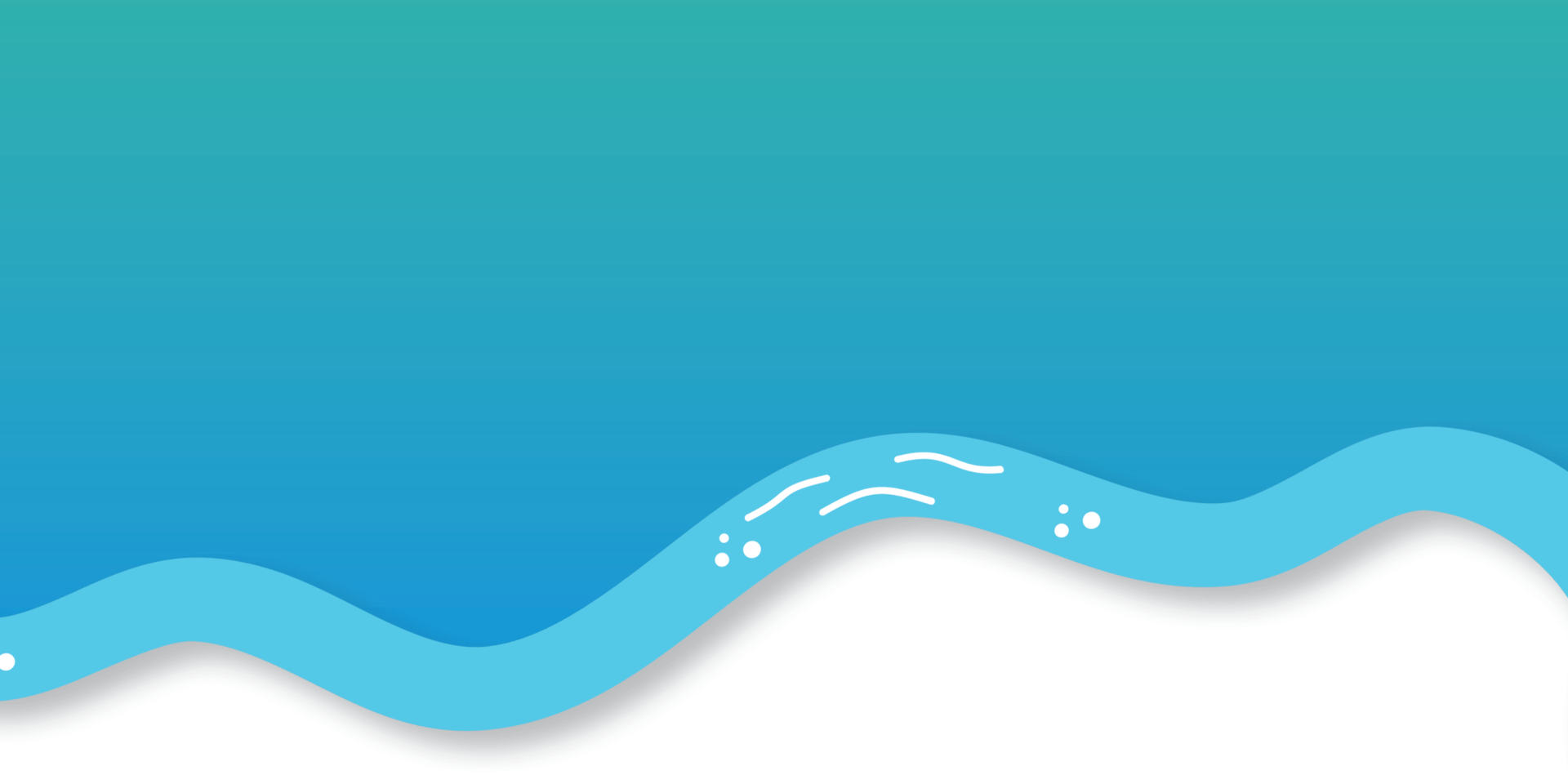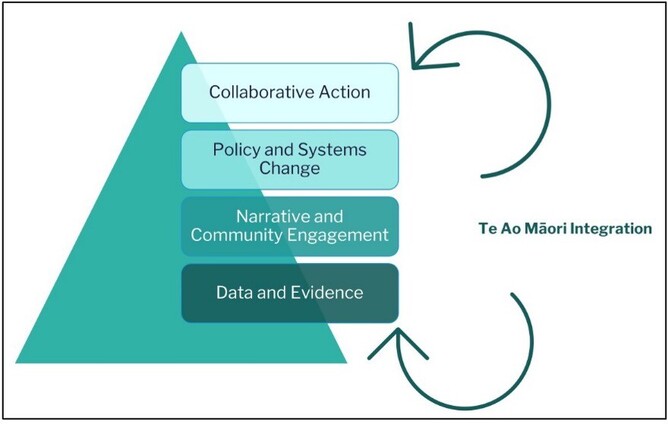Quanita is developing our knowledge programme for 2025 and refreshing the strategic framework underlying Te Ara Poutama.
As part of the Kai Challenge workshop, an infographic was created to share key research findings and encourage stakeholders to collaborate in developing a shared understanding of the challenges and opportunities for Kai in the region. This infographic served as a prototype to discuss the need for a structured knowledge framework to understand, measure, and enhance well-being across various dimensions.
The workshop discussion highlighted the importance of knowledge frameworks, which provide structured approaches to understanding, measuring, and improving well-being across various dimensions and for different communities in the region. The presentation stressed the need for a well-organized knowledge framework to effectively understand, assess, and enhance well-being. It also discussed how these frameworks can be developed to incorporate cultural perspectives, emphasise community engagement, and guide policy-making and resource allocation to tackle complex social challenges. Key areas of focus included data and evidence collection, community engagement, policy and systems change, and collaborative action.
During our table discussions, participants were invited to share their insights on several key areas that can enhance the well-being of the Waikato region. The primary focus will be on the following topics:
1. Data: Evaluate the current data collection methods being used in the community. Discuss what has worked effectively in gathering and analysing data, and identify any successful practices we can build upon. Consider what gaps exist in our data collection processes and explore ways to strengthen these areas, ensuring that we have comprehensive and accurate data to inform our initiatives.
2. Community Narratives: Reflect on the power of storytelling within our community. What strategies have been successful in sharing community narratives that resonate with residents and stakeholders? Discuss what can be done to enhance the visibility and impact of these narratives. Identify any weaknesses in current practices and brainstorm ways to improve connection and engagement through storytelling.
3. Policy Change: Analyze the policies and systems that currently affect the well-being of our community. Discuss the changes that have proven effective in creating a positive impact. What gaps in policy exist that hinder progress? Consider how we can strengthen advocacy efforts to address these gaps and explore potential pathways to initiate meaningful policy reform.
4. Collaborative Actions: Consider past collaborative efforts that have brought different stakeholders together to improve community well-being. What has worked well, and how can we expand these collaborative actions in the future? Identify new opportunities for collaboration that could lead to innovative solutions and enhanced engagement among all community members.
As the participants engaged in discussions, they were asked to consider whether there was an alternative approach to how we input and output knowledge within our group. These reflections will help develop and refine the knowledge framework and work plan for the Te Ara Poutuma programme in the coming months. This could lead us to methods of collaboration and data sharing that better suit the needs and dynamics of our community.
For more information and to share any thoughts and ideas you have about the next steps for our wellbeing knowledge framework, please contact Quanita at: Quanita.ali@waikatowellbeingproject.co.nz
In addition to the Kai Challenge report, several other key pieces of work continue to progress:


